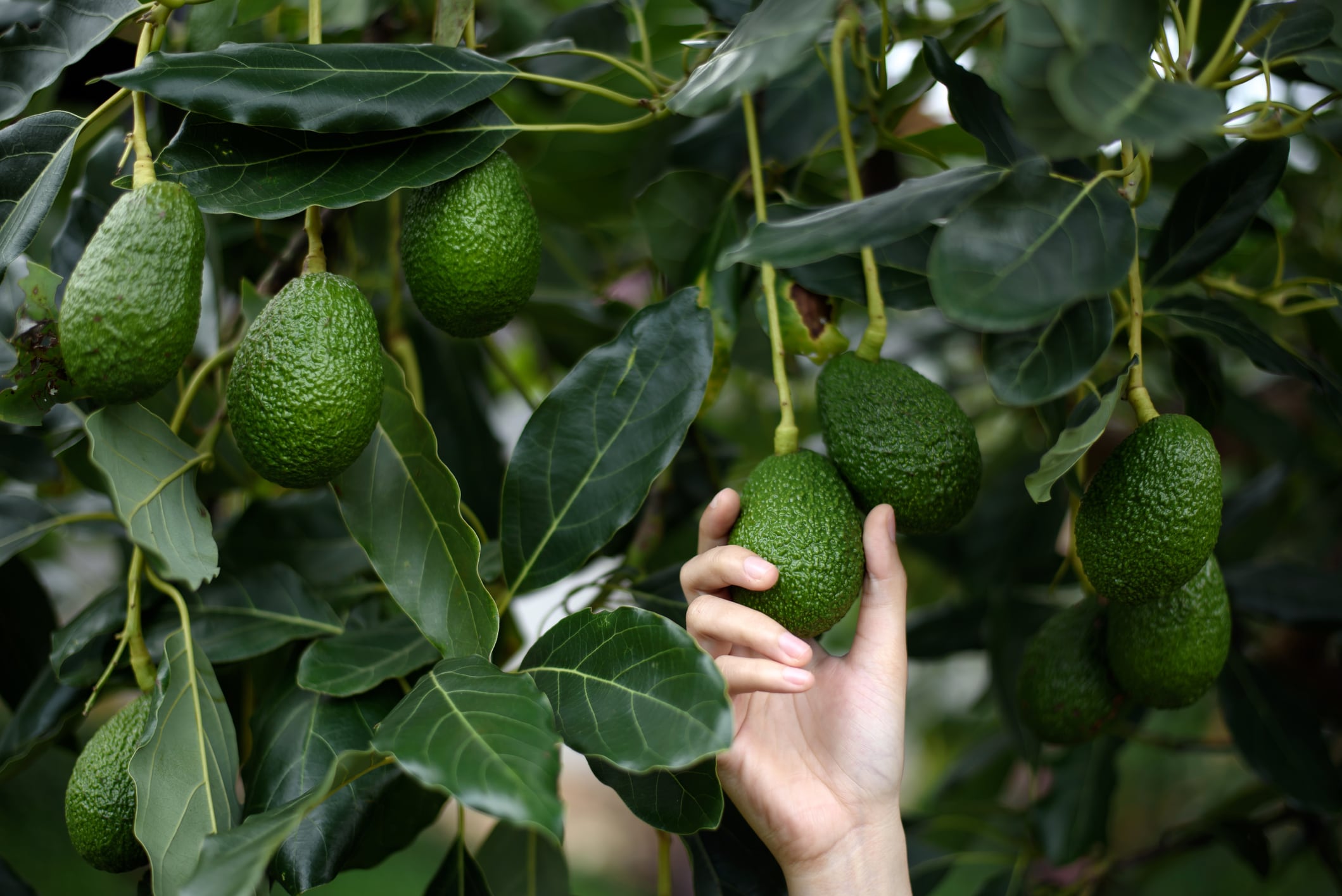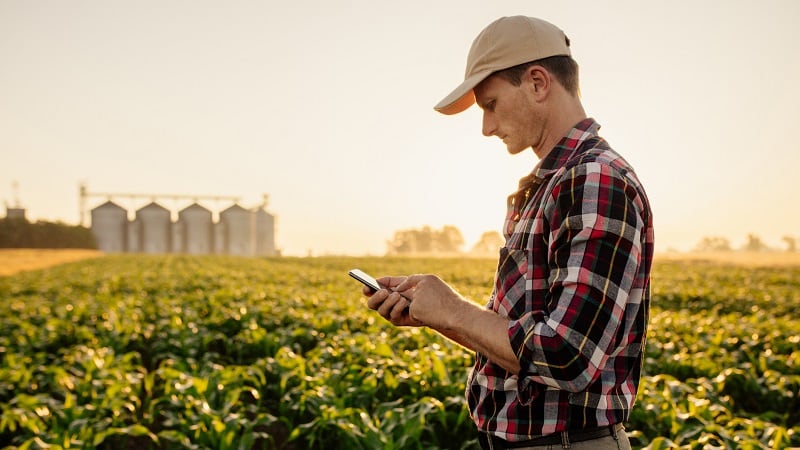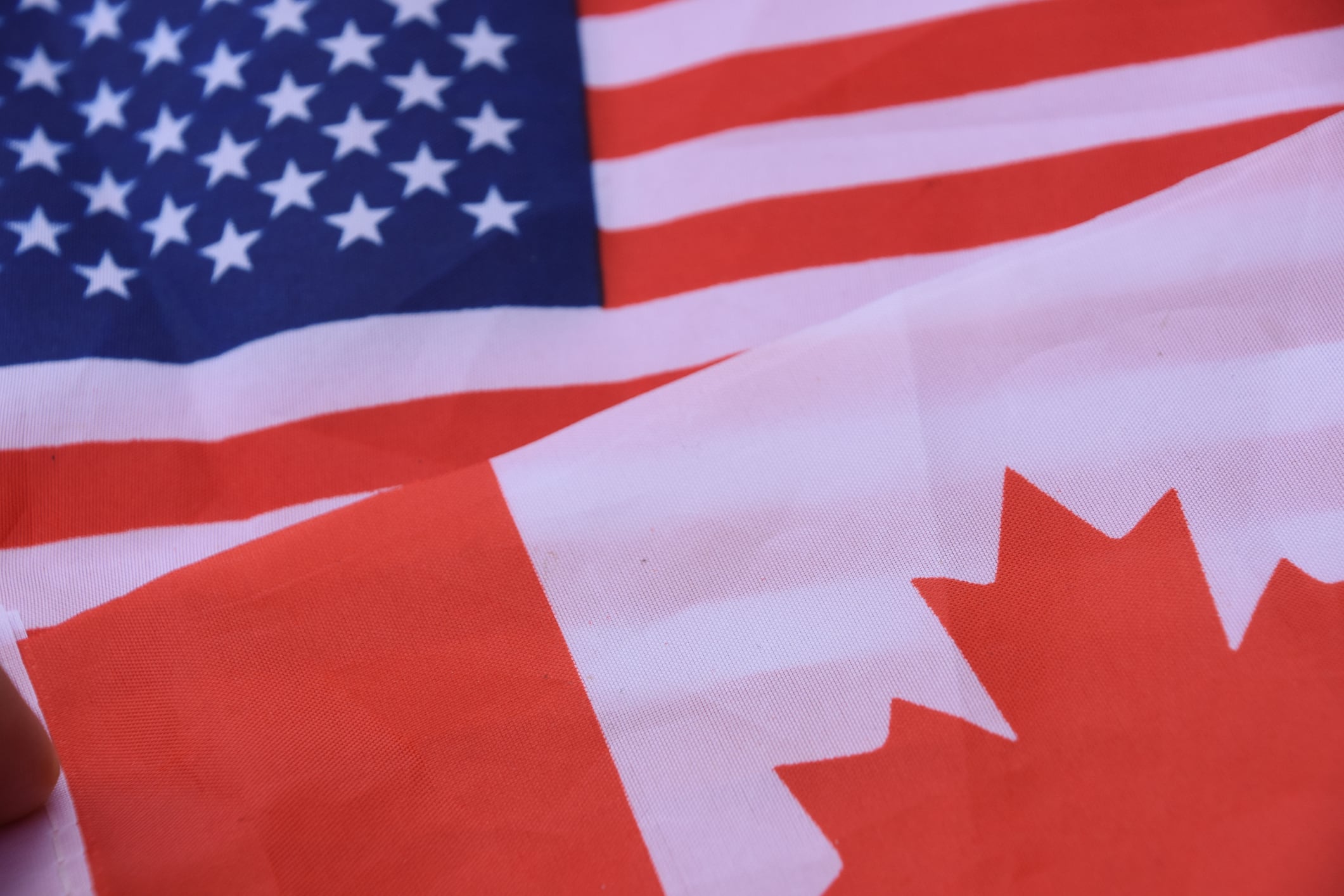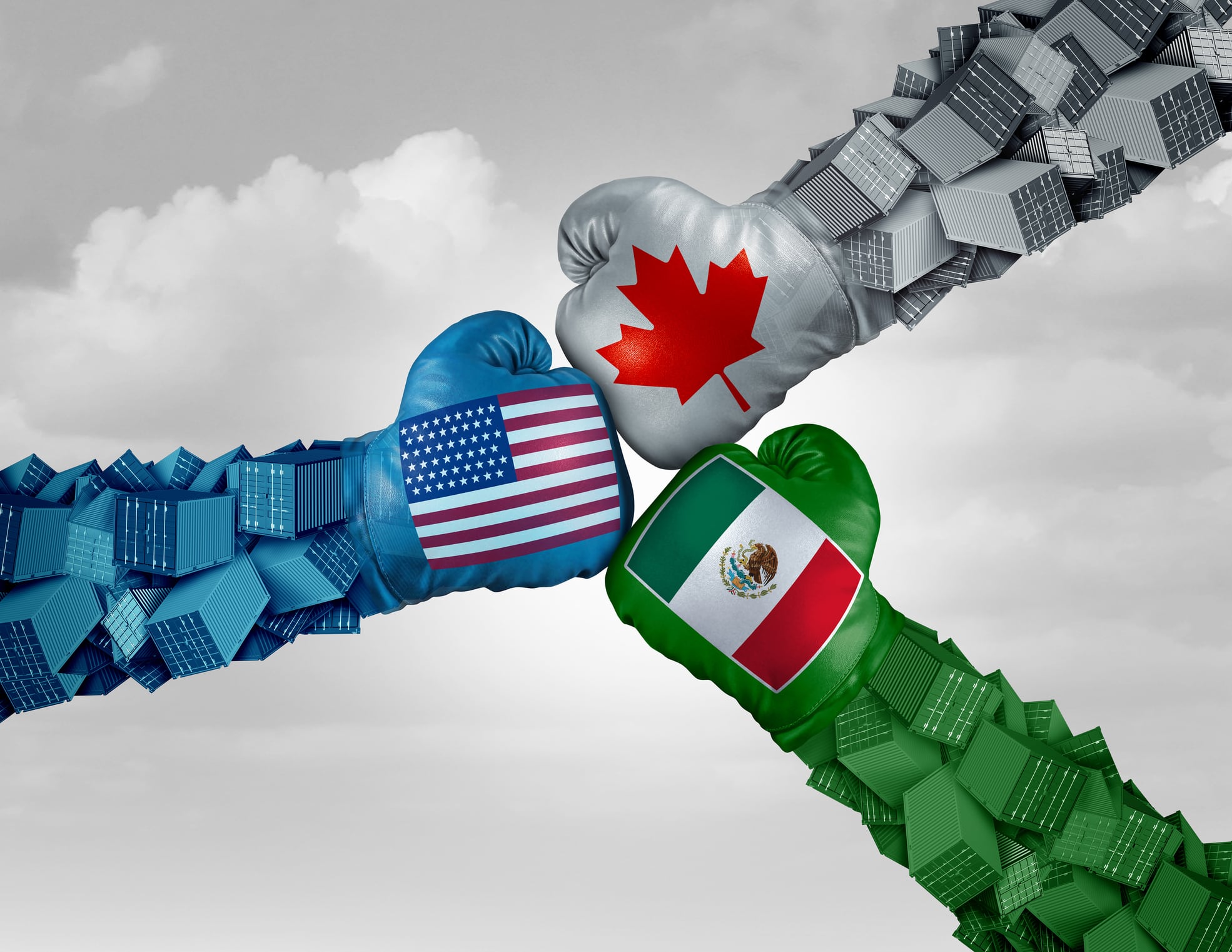The Mexican avocado industry is getting serious about ending deforestation brought about in part by the rapid growth of avocado orchards across the country and soon will begin blocking exports from farmers who are out of compliance with new standards.
Industry stakeholders – the Avocado Institute of Mexico, the Association of Avocado Exporting Producers and Packers of Mexico and the Mexican Hass Avocado Importers Association – support the zero deforestation effort, which includes a binding conservation agreement with the federal government of Mexico.
The industry’s Path to Sustainability plan unveiled in April, aims to ensure that all produce exports from Mexico are deforestation-free by 2035, and complies with Mexico’s deforestation goals, said Ana Ambrosi, director of the Avocado Institute of Mexico.
The sustainability plan includes five broad priorities for the industry, including:
- Corporate governance for sustainability
- Sustainable orchards
- Sustainable packing houses
- Sustainable distribution and marketing
- Restoration of biodiversity, forests and watersheds
Ambrosi said that approximately 85% of Mexico’s 54,000 orchards already comply with the industry’s deforestation goals: the remainder will undergo a mitigation process to achieve net-zero deforestation status.
Avocado growth after NAFTA
The North American Free Trade Agreement (NAFTA), which removed most trade barriers between the US, Mexico and Canada in 1994, opened the floodgates for avocado exports, Ambrosi said. Exports from the country have since more than doubled from 1.2 billion pounds a year to roughly 2.5 billion pounds.
The growth led to a rapid increase in avocado orchards, particularly in the Mexican state of Michoacán – known informally in Mexico as Avocadoland – which accounts for roughly 90% of avocados exported to the US. Roughly 10% of exports come from the state of Jalisco.
While the vast majority of orchards in Mexico already comply with deforestation goals, Ambrosi said the industry is currently conducting a study that analyzes the evolution of the Mexican avocado landscape over the last three decades. Preliminary findings from the land use study are expected to be released sometime in 2026.
Meanwhile, the avocado industry already is reforesting the country, planting more than 3.5 million trees, Ambrosi explained.
Mitigation and blocking exports
While nearly nine out of 10 of the country’s avocado orchards are expected to be deemed deforestation-free beginning next year, the Path to Sustainability plan offers growers an option for mitigation.
Ecological stress on deforested land manifests itself in a variety of ways – such as a reduction in the catchment of water, increased heat and reduced resilience – that are all quantifiable, according to Ernesto Enkerlin, an environmental consultant with Innovagro and a key architect of the Mexican avocado industry’s Path to Sustainability.
Enkerlin said that means existing orchards that are out of compliance can be analyzed and assigned a cost for rehabilitation of the landscape. He added that the industry now is working with the Mexican government to develop mitigation and compensation mechanisms for noncompliant orchards planted between 2018 and 2024.
Producers can rehabilitate the land themselves or pay a fee that will be used to help restore parts of the ecosystem that were lost, Enkerlin said.
Keeping deforestation at bay
Growers engaging in deforestation after 2025 will be blocked by the industry and the government from exporting under the Path to Sustainability plan and given no opportunity for coming into compliance.
They can expect to pay penalties and fines for the noncompliant orchards and be forced to repair the forest ecosystem, Enkerlin said.
“The Mexican federal government is getting very serious about this, and we’re very happy as the avocado industry, that we’re being used as an example, that it can be done and that it will be done,” Enkerlin said.




